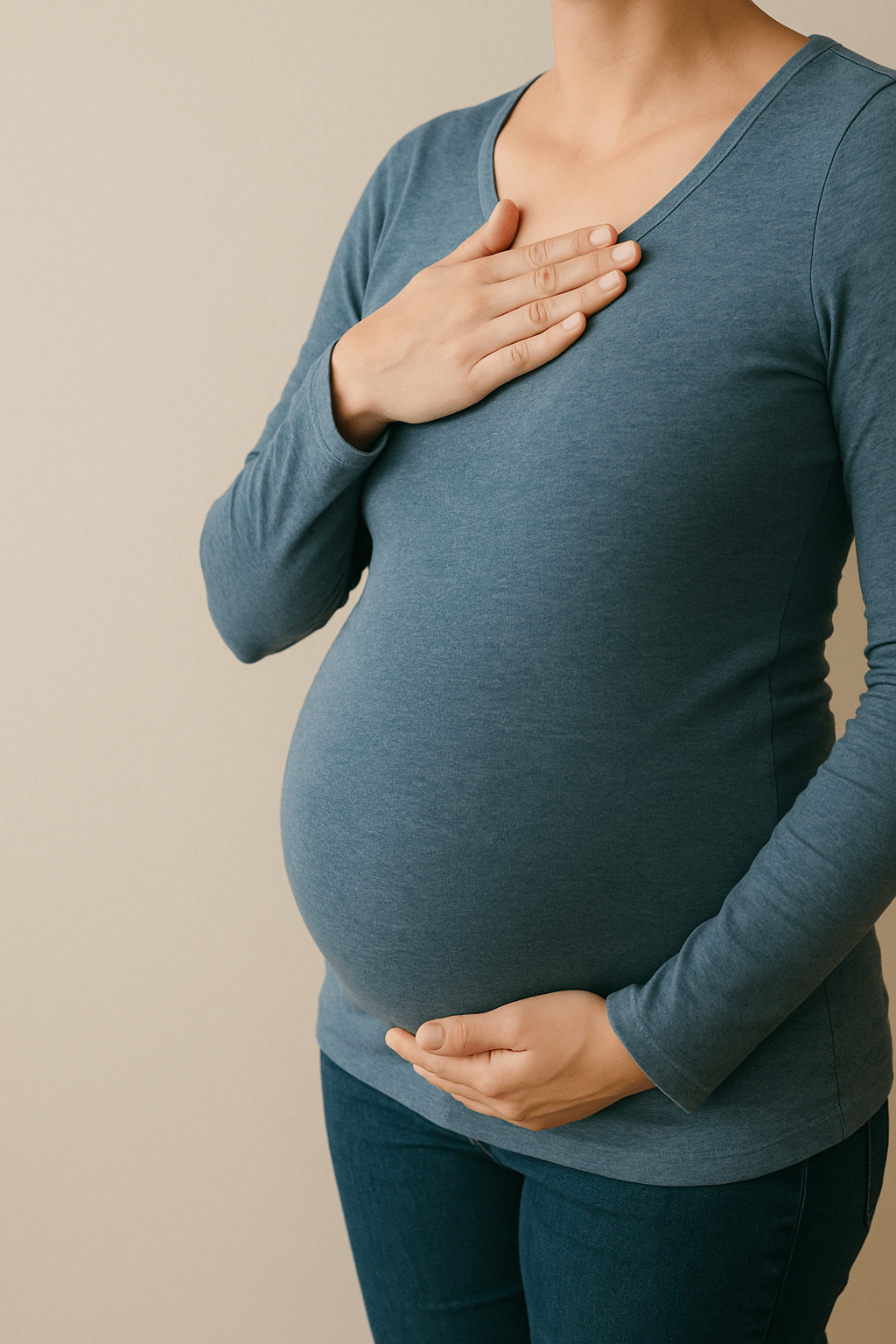

Anti-D Update and New Rhesus Screening.
In Australia around 1 in 7 people have a Rhesus D (RhD) negative blood group. In pregnancy, if your blood group is RhD negative and you have an RhD positive fetus, there is a risk of the crossing over, or leaking, of fetal red blood cell RhD antigens. If you have any bleeding in pregnancy, this then causes an immune response.
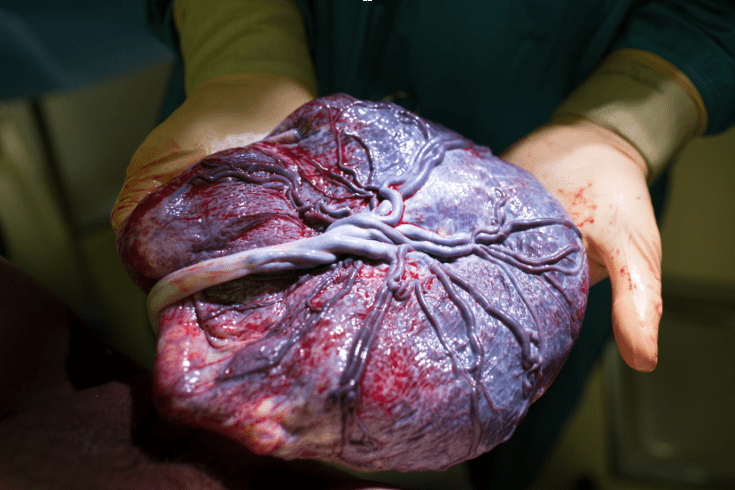
The Placenta Part II: Delayed Cord Clamping and Cord Blood Banking
This article expands on our first regarding the placenta. It discusses delayed cord clamping, Umbilical Cord Blood & Tissue Banking, Placenta Encapsulation and more!

The Placenta part I – A vital organ
This article is the first of a two-part series on the amazing organ that is the placenta. It protects and houses the growing and developing foetus over the pregnancy term. The health and efficiency of this organ is vital to your baby’s wellbeing.
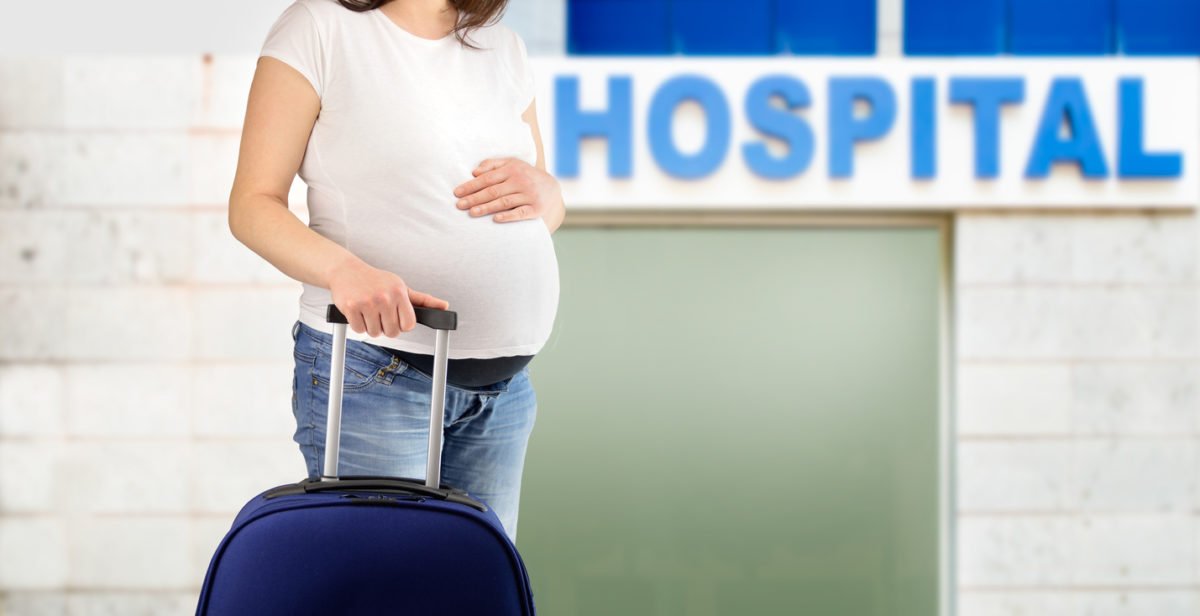
What should I pack in my hospital bag for labour?
Our midwives have put together two helpful lists for the essentials needed during your birth and postnatal stay.

Listeria and pregnancy
Listeria infection in humans, listeriosis, is caused by foodborne pathogens in contaminated food products.
We often receive phone calls from patients concerned about possible listeria infections, particularly after having eaten something considered a high-risk food in pregnancy. While listeria infections are very rare, the recommendation is to follow the regulation guidelines.

The Alphabet of Pregnancy Terms
Health professionals are notorious for abbreviating diseases, terms and meanings etc. and the Midwifery and Obstetric worlds are no exception. This list of terms related to pregnancy is by no means exhaustive but hopefully, it may help you understand some of the dialogue that occurs.

What is Non-invasive Prenatal Testing?
The main form of screening in Australia combines ultrasound features of the baby at 11-14 weeks (nuchal translucency measurement of a small pocket of fluid at the back of the baby’s neck] and assessment of the fetal nasal bone) with measurement of chemicals that come from the placenta into your bloodstream (free beta hCG and PAPP-A) to create an individual risk for trisomies 21, 18 and 13. It is unable to provide risk assessment for the sex chromosome abnormalities.
This test can detect a small amount of baby’s DNA in the mother’s bloodstream. Testing of this DNA can identify the vast majority of babies with trisomies 21, 18 and 13 and the major sex chromosome abnormalities.

Folate/Folic Acid in Pregnancy
The terms folate and folic acid are interchangeable.
Folate plays an important role in the production and growth of healthy new cells, and is particularly important in embryonic development.
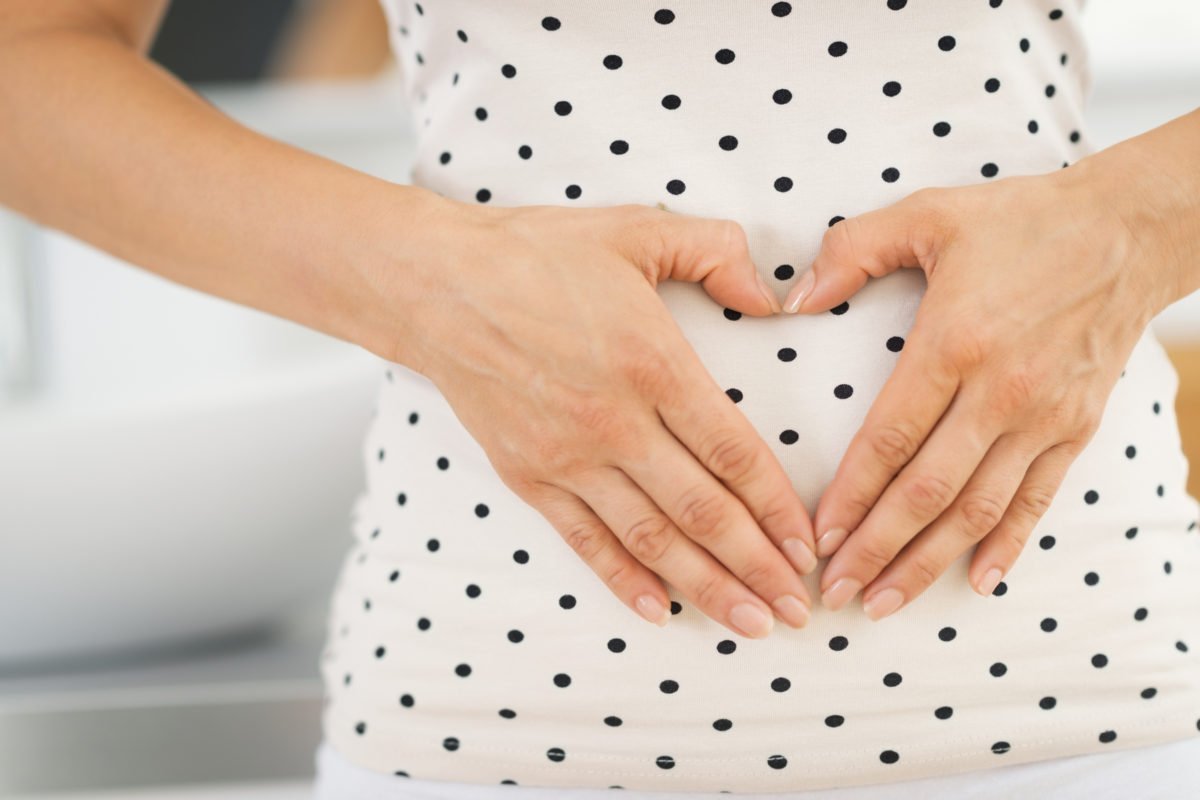
Your First Antenatal Appointment at Sydney Mother and Baby
Congratulations on your pregnancy and we look forward to meeting you at your first appointment. This can be both an exciting and possibly nervous moment!
This post helps explain what will happen during your first visit to Sydney Mother & Baby.

Pet Care and Safety During Pregnancy
During pregnancy, our love, care and attention for our pets should not change. However, some pet care responsibilities will need to be shared amongst your household so that a mother and baby’s health and wellbeing is the priority.

Compression garments & pregnancy - how they help
Compression garments, also known as maternity support garments or post-natal recovery garments can be used through the entire length of your pregnancy and in the initial post-natal period.


Pregnancy and Preschool Ailments
Where children gather in large numbers, outbreaks of viral illnesses often occur throughout the year. Pregnant mums are often concerned about the significance to them and their unborn offspring.

Blood Testing in Pregnancy
Routine antenatal screening blood tests are performed early in pregnancy to determine if there are any underlying health concerns that may affect you or your baby during pregnancy.
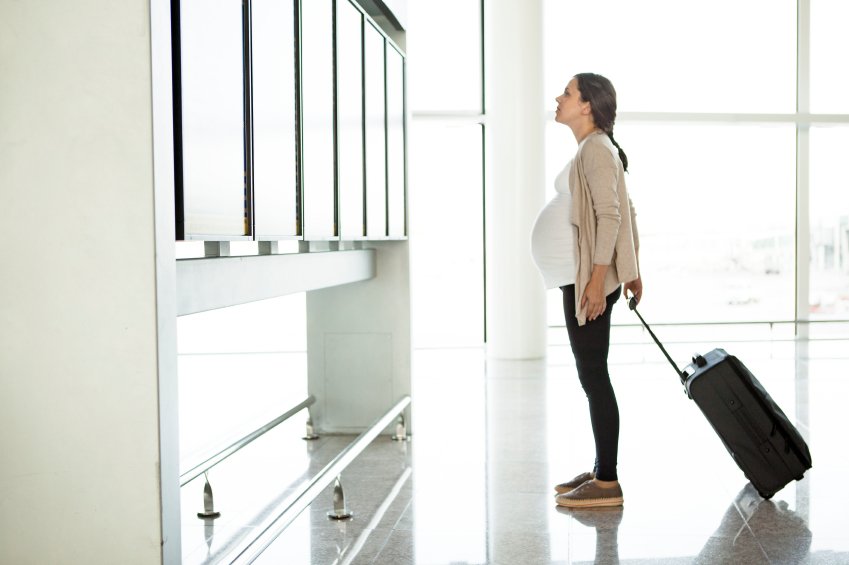
Air Travel During Pregnancy
When is it safe to fly, and what are some other considerations when you are pregnant.

Mothersafe
Mothersafe is a free helpline that offers evidence based advice to pregnant women and breastfeeding women.

Ultrasound Scans in Early Pregnancy
This is a guide to ultrasound scans and their significance during early pregnancy.

Pubic Symphysis or (SPD)
During pregnancy, the Symphysis Pubis becomes softer due to the action of the hormone relaxin. Learn more about SPD in this article.

FAQs in Pregnancy
Pregnancy FAQs - from acrylic nails to spas, iodine levels to exercise. Find out all you need to know about pregnancy here.

